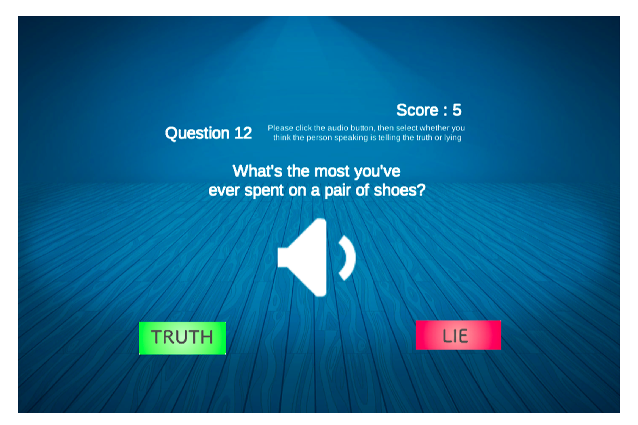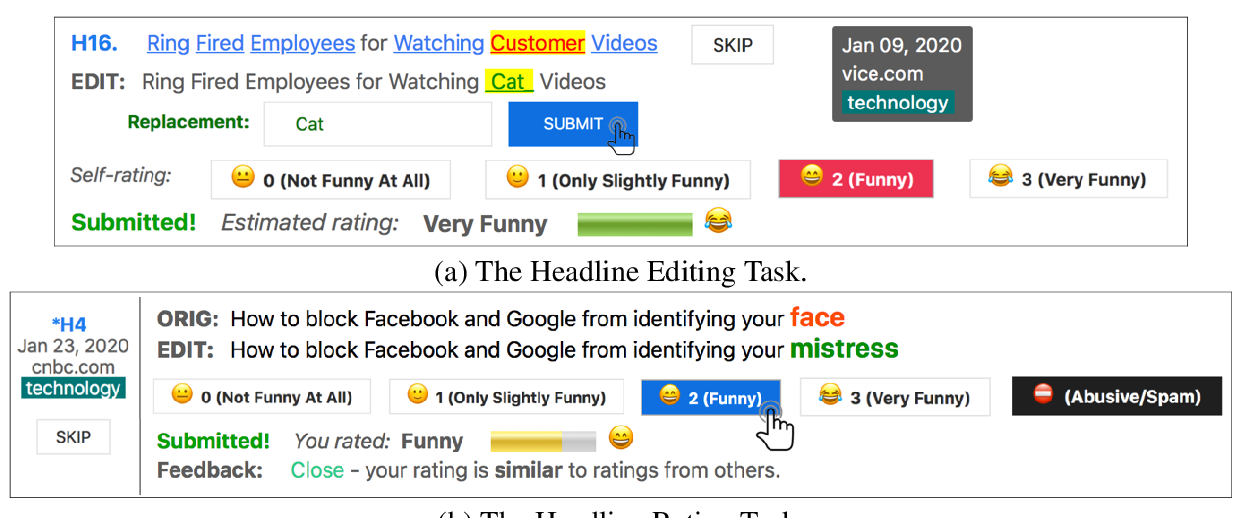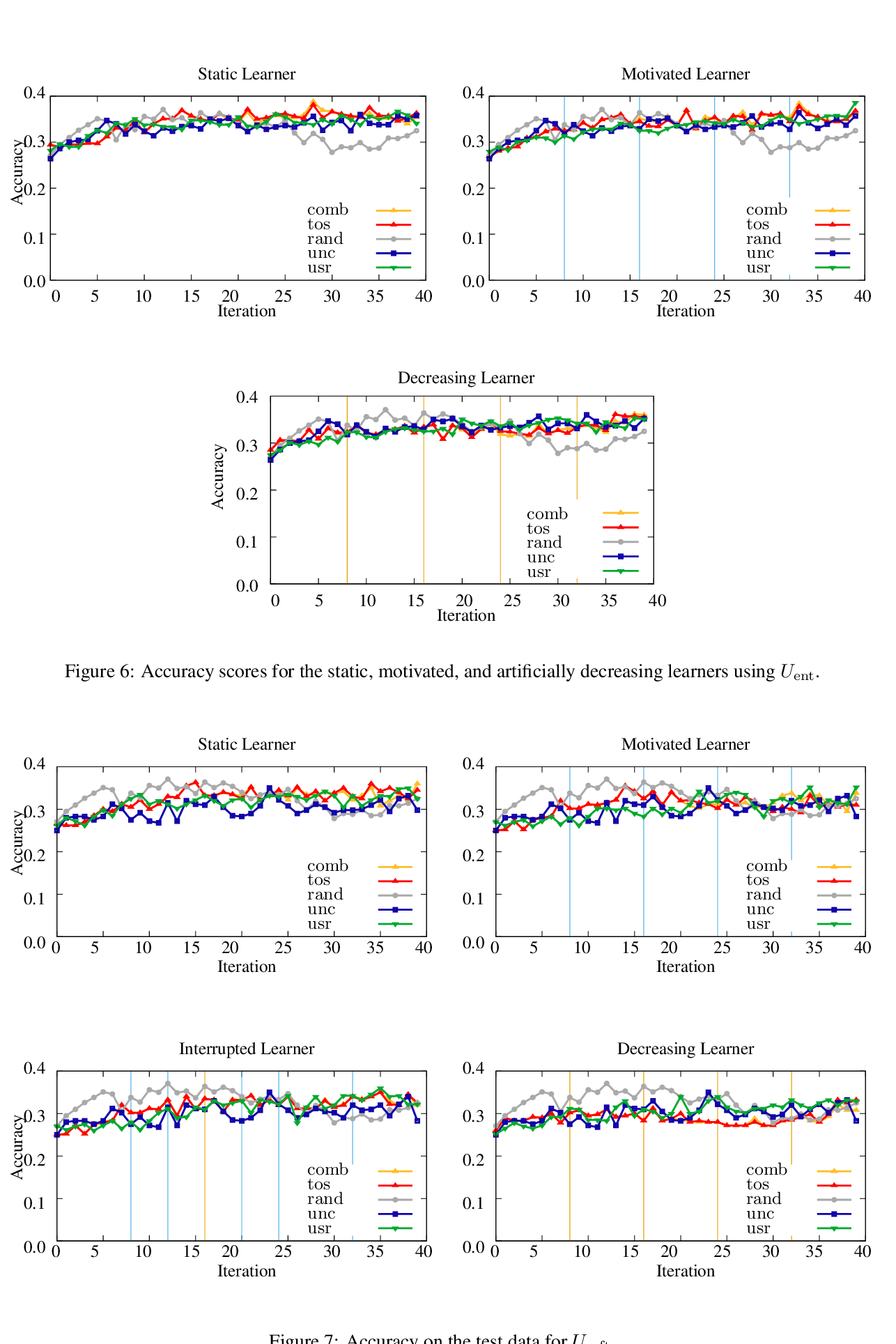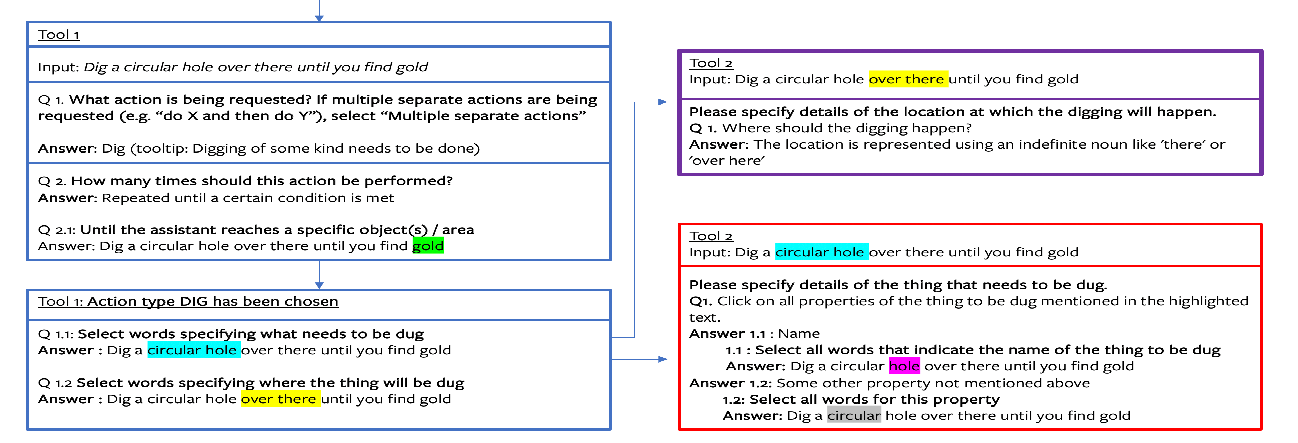It Takes Two to Lie: One to Lie, and One to Listen
Denis Peskov, Benny Cheng, Ahmed Elgohary, Joe Barrow, Cristian Danescu-Niculescu-Mizil, Jordan Boyd-Graber
Computational Social Science and Social Media Long Paper
Session 7A: Jul 7
(08:00-09:00 GMT)

Session 8A: Jul 7
(12:00-13:00 GMT)

Abstract:
Trust is implicit in many online text conversations---striking up new friendships, or asking for tech support. But trust can be betrayed through deception. We study the language and dynamics of deception in the negotiation-based game Diplomacy, where seven players compete for world domination by forging and breaking alliances with each other. Our study with players from the Diplomacy community gathers 17,289 messages annotated by the sender for their intended truthfulness and by the receiver for their perceived truthfulness. Unlike existing datasets, this captures deception in long-lasting relationships, where the interlocutors strategically combine truth with lies to advance objectives. A model that uses power dynamics and conversational contexts can predict when a lie occurs nearly as well as human players.
You can open the
pre-recorded video
in a separate window.
NOTE: The SlidesLive video may display a random order of the authors.
The correct author list is shown at the top of this webpage.
Similar Papers
Acoustic-Prosodic and Lexical Cues to Deception and Trust: Deciphering How People Detect Lies
Xi (Leslie) Chen, Sarah Ita Levitan, Michelle Levine, Marko Mandic, and Julia Hirschberg,

Stimulating Creativity with FunLines: A Case Study of Humor Generation in Headlines
Nabil Hossain, John Krumm, Tanvir Sajed, Henry Kautz,

Empowering Active Learning to Jointly Optimize System and User Demands
Ji-Ung Lee, Christian M. Meyer, Iryna Gurevych,

CraftAssist Instruction Parsing: Semantic Parsing for a Voxel-World Assistant
Kavya Srinet, Yacine Jernite, Jonathan Gray, Arthur Szlam,
